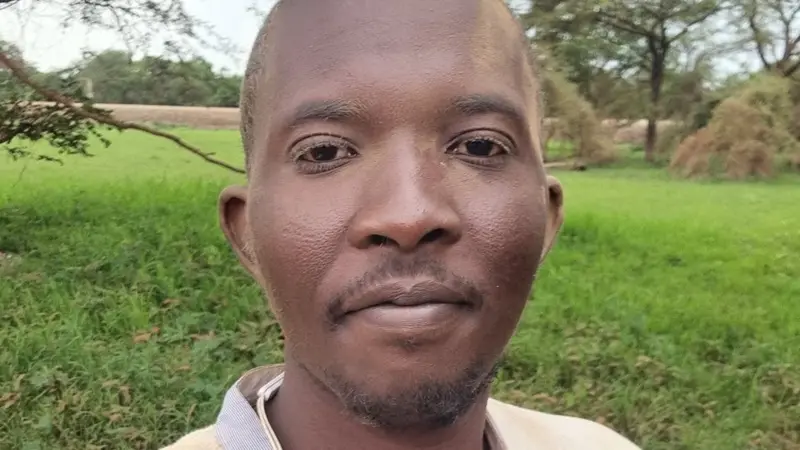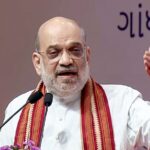Mohammed Zakaria has not slept in two days. When the message came, el-Fasher has fallen, he froze. His hometown, his childhood, his blood, had been taken.
From Kampala, Uganda, where he had been monitoring every flicker of news, the Sudanese video journalist and human rights activist watched his worst fears unfold. The Rapid Support Forces (RSF) had stormed the North Darfur governor’s office on Friday. By Sunday, they had seized the entire city.
For Zakaria, this wasn’t just the fall of a city, it was the collapse of a world he once knew.
“They are celebrating by killing them”
After el-Fasher fell, Zakaria scrolled endlessly through social media, desperate for any sign of life from his family. Then he found it, a Facebook video posted by RSF soldiers, cheering over bodies lying on the ground.
He recognized three of his uncles among the dead.
“They are celebrating by killing them,” he told Al Jazeera, quietly.
Another uncle’s Facebook profile picture had been replaced with a photo of an RSF fighter. Zakaria’s voice trembled: “We don’t know where he is. We’re really scared for him.”
For 18 months, el-Fasher, the last stronghold of the Sudanese army in Darfur, had endured one of the longest urban sieges of this century.
When the army finally withdrew, the RSF had already surrounded the city, cutting off food, water, and medicine for months.
The capture of el-Fasher gives the paramilitary control over all five state capitals in Darfur. For Sudan, it is a grim turning point, a full conquest of the region by a force accused of mass killings and ethnic cleansing.
Satellite images and eyewitness reports suggest that what followed the city’s fall was a massacre.
Entire neighborhoods wiped out. Bodies scattered across streets. Pools of blood visible from space.
International observers now call it one of the deadliest episodes of the war.
“We have been talking about this for more than a year. We knew this would happen,” Zakaria told Al Jazeera, his voice breaking.
A communication blackout has silenced the city. Families outside Sudan wait in terror, refreshing phones that no longer ring.
An estimated 260,000 civilians, half of them children, were still trapped when el-Fasher fell.
The Sudan Doctors Network called it a “heinous massacre.” The Joint Forces, aligned with the Sudanese army, claimed 2,000 executions. The United Nations documented 1,350 deaths.
The Yale Humanitarian Research Lab said satellite evidence points to mass graves and blood pools. Nathaniel Raymond, the lab’s director, described the scale of killings as “only comparable to Rwanda-style killings.”
Zakaria knows the pain of escape.
He left el-Fasher in June 2024, during the siege. His home had been shelled. Near his grandfather’s house, he watched seven people, women and children among them, killed in a single blast.
“It was like the hardest decision I have made in my life, to leave my city,” he said.
He crossed into South Sudan, then to Uganda, with nothing but his camera and the unbearable knowledge that people he loved were still there.
From Kampala, he continues his work, documenting, warning, pleading.
“The time has passed for actions. The genocide is happening now,” he said.
More than 100 people he knows are missing.
Every night, Zakaria searches social media, scrolling through horror, hoping to see a familiar face, alive, or at least found.
“It is very painful,” he said. “You find a video, and then you realize, this person, this friend, this relative, is surrounded by RSF fighters.”
He pauses. “This is a reality now for many people.”
The post Sudanese journalist identifies his uncles in RSF massacre videos: “The genocide is happening now” appeared first on Maktoob media.










